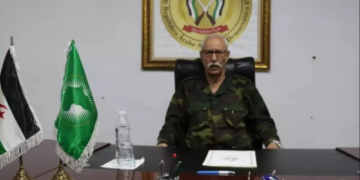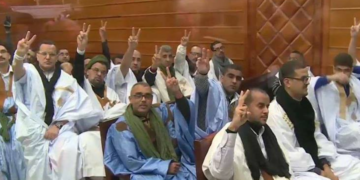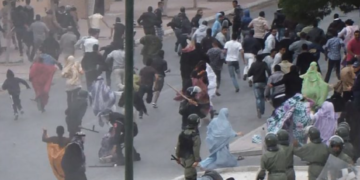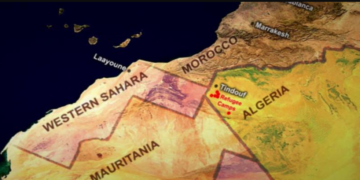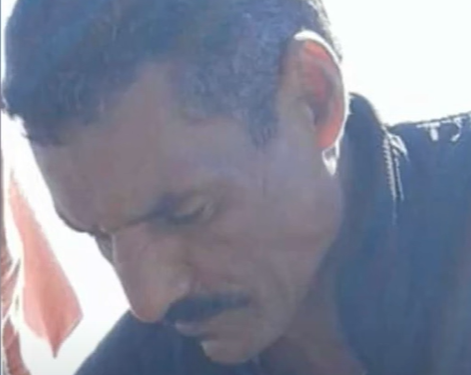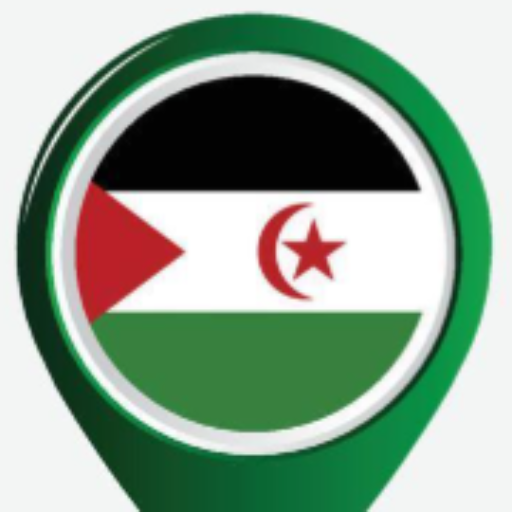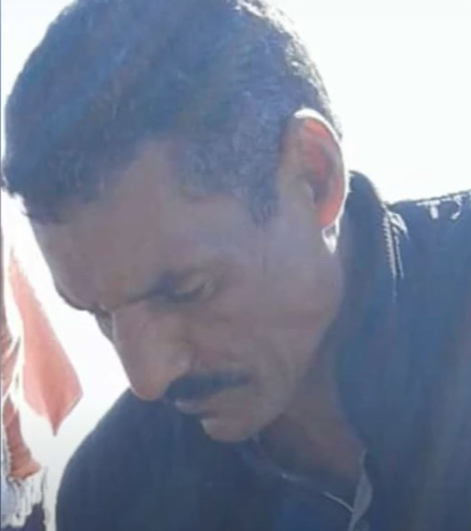
The tragic case of Sahrawi citizen Omar Bahia Al-Hassan, reportedly abducted and killed by Moroccan authorities in Laayoune, highlights ongoing concerns about human rights abuses in Western Sahara. Reports suggest that he was forcibly taken from Skikima Street and later subjected to interrogation and torture in the “Black Prison” of Laayoune, culminating in his death. This case exemplifies Morocco’s alleged tactics against Sahrawi activists and dissenters.
The Moroccan authorities are accused of using various methods to silence Sahrawi voices, including:
- Forced Disappearances: Activists and civilians advocating for Sahrawi self-determination are often detained without warrants and subjected to enforced disappearances.
- Torture and Extrajudicial Killings: Human rights groups have documented instances where detainees are tortured during interrogations, sometimes leading to death.
- Economic Strangulation: Critics of Moroccan rule face systematic exclusion from jobs and social benefits, forcing them into economic hardship.
- Judicial Harassment: Trumped-up charges are frequently used to imprison activists under vague accusations of threatening territorial integrity or inciting rebellion.
Broader Context of Repression
This incident underscores a larger pattern of oppression in Western Sahara. Independent media and human rights observers are severely restricted, making it challenging to document abuses. International organizations, such as Amnesty International and Human Rights Watch, have called for investigations into allegations of arbitrary detention, torture, and extrajudicial killings.
International Implications
The international community has yet to hold Morocco accountable for these actions effectively. Meanwhile, Sahrawi resistance persists, with activists continuing to demand the right to self-determination despite the risks.

